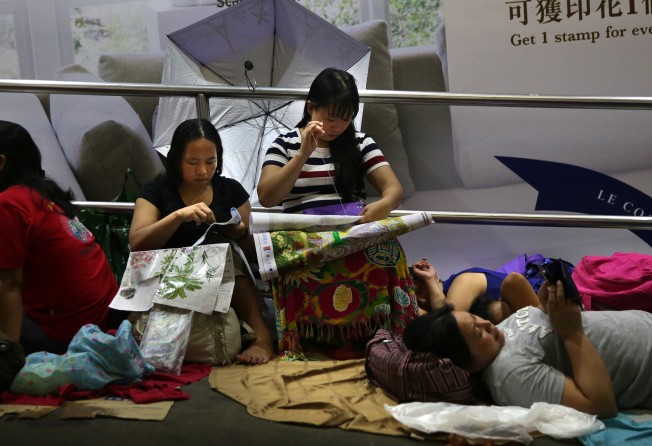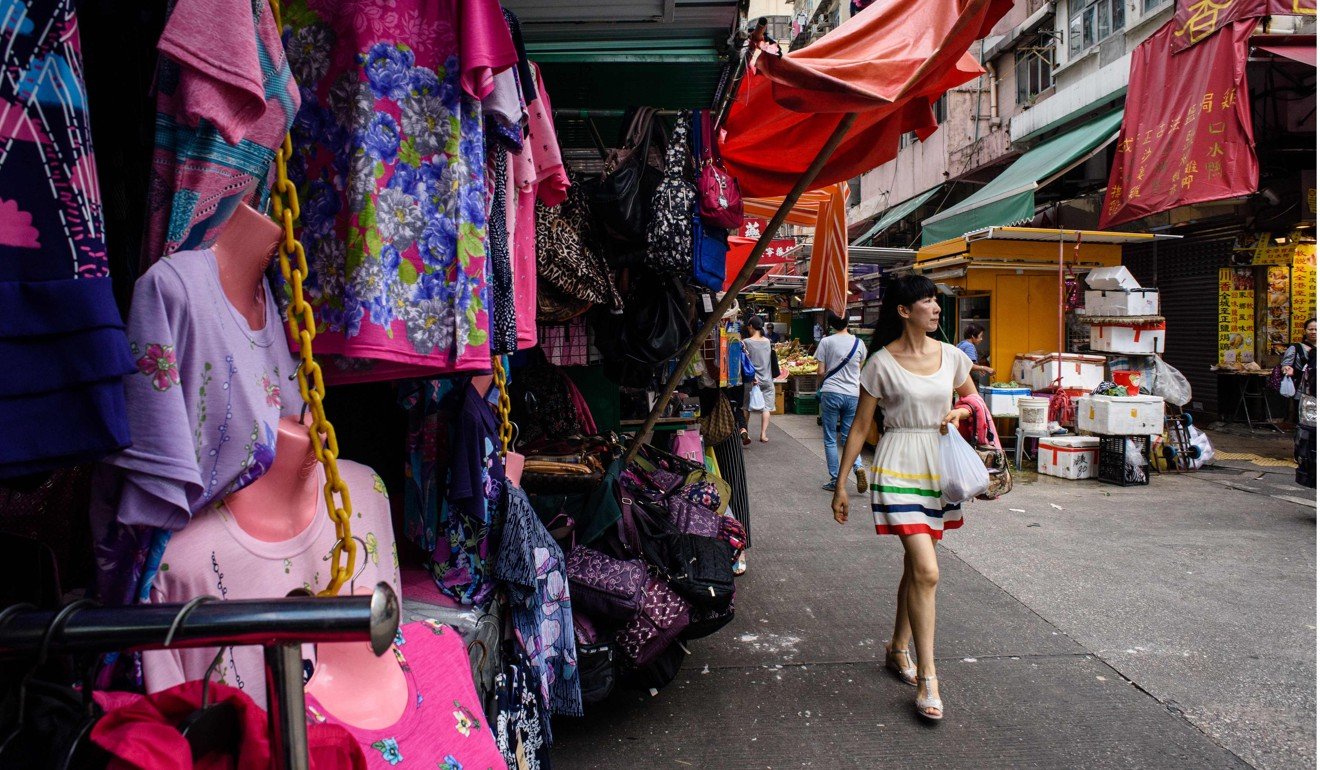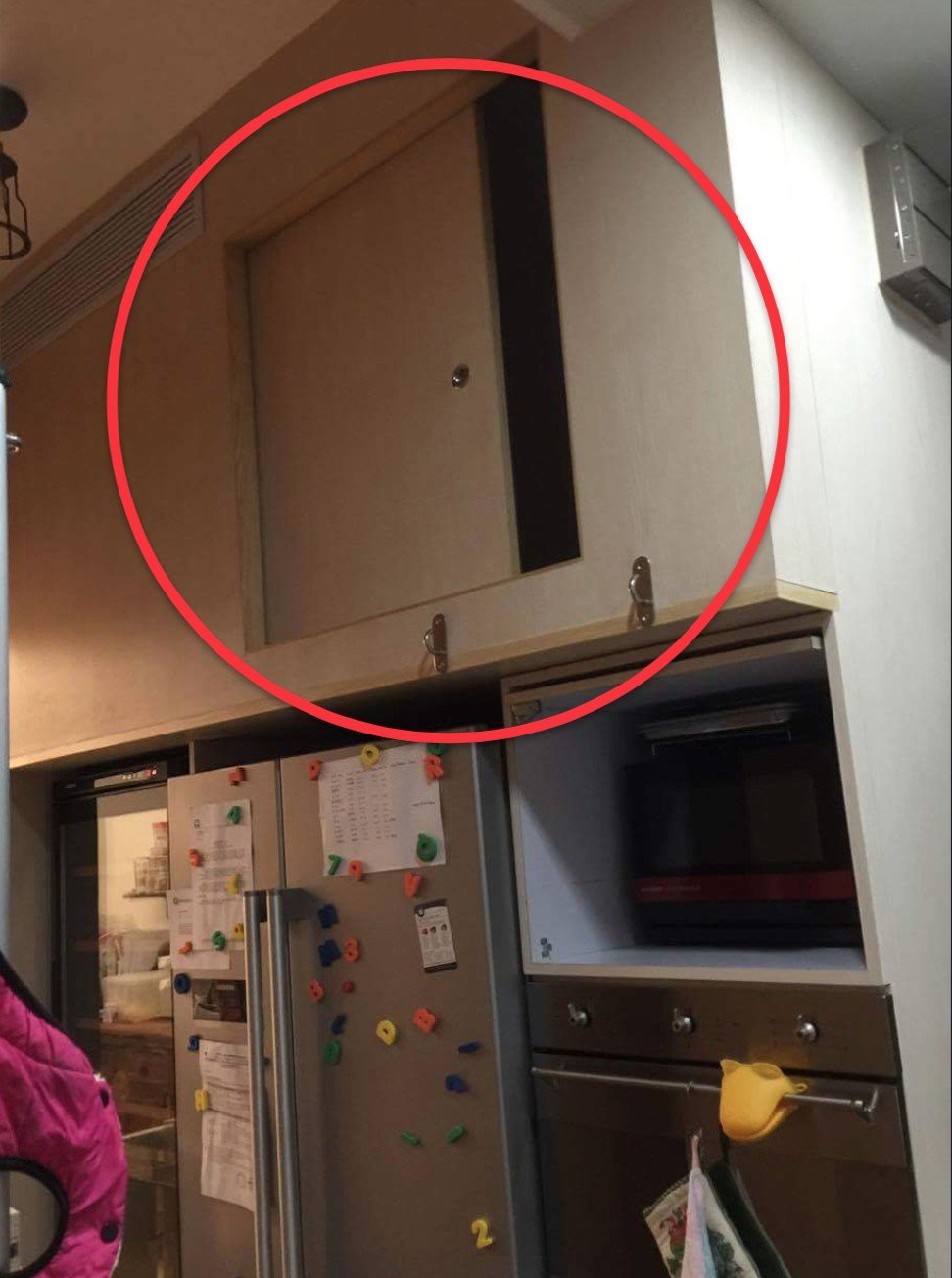Hong Kong shames itself again by its treatment of domestic workers
Yonden Lhatoo takes a look at the latest revelations about the plight of foreign domestic workers in the city to remind Hongkongers how it reflects on them

In his classic science fiction novel, The Time Machine, H. G. Wells presents an anti-utopian vision of a future in which humanity has evolved into two species, the Eloi and the Morlocks.
The beautiful but spoiled Eloi, descended from the idle rich, enjoy a life free of work on the pastoral surface. The downtrodden, beast-like Morlocks, evolved from the working poor, toil underground in the dark to keep the surface dwellers fed and clothed.
Let’s hope we’re not heading in that kind of direction, the way people in this part of the world treat their domestic helpers from less-fortunate nations. And what a shame that Hong Kong is yet again making headlines in this regard.
How about this for starters: 500 domestic helpers will be sleeping tonight, and every night, in toilets in their employers’ homes. That’s according to a concern group that has just released a survey of the living conditions of 3,000 Filipino and Indonesian domestic helpers in the city.
Watch: How do Hong Kong’s domestic helpers sleep?
At the same time, 14 per cent of them can’t access toilets when they need them for something other than to sleep in. And about 70 per cent share bedrooms with children, elderly people or co-workers, while 21 per cent sleep in the living room.
In one case, a helper’s bed was fitted into a kitchen cupboard above the fridge and microwave oven. A tiny rooftop room, only 1.2 metres from floor to ceiling, was accommodation for another helper. It makes me ashamed of complaining that I don’t have enough room for myself in my flat.
Yes, many Hong Kong families live in appallingly cramped conditions themselves, but we’re talking here about those who are affluent enough to afford hired help in the first place.
It doesn’t help that the government is an immovable object in the face of calls to ease the live-in requirement imposed on foreign domestic workers, and the opposite of an unstoppable force in making sure they are not treated like something to be folded and stored away for the night.
Now it’s taken a bunch of university students to show us, after their seven-month investigation, that more than 70 per cent of employment agencies here charge excessive fees to domestic helpers, withhold their passports as leverage to squeeze the money out of them, or stiff them in some other illegal way.
“If it’s that tough for them here, they’re welcome to go back home,” the unsympathetic often say. Why such disregard for people who prop this city up on more than one level?

We have about 350,000 domestic helpers serving 280,000 households in a city where families rely heavily on them to look after babies and grandparents while both husbands and wives go to work. They wouldn’t like their incomes halved now, would they?
That’s just the money part. Their other, often unappreciated contribution is the substitute for parenting they provide, and the companionship and care for elderly people who would otherwise be neglected. Like it or not, they are a glue holding the fabric of society together.
Going back to the future with the Eloi and Morlocks, the analogies are not limited to just helpers and employers. It’s about the age-old class divide, the class struggle, and what that could eventually mutate into in the centuries to come.
Oh, and I forgot to mention the best part of the story. The trade-off for the Morlocks’ life of drudgery is that they get to nip up to the surface at night to grab hapless little Eloi and drag them down into the depths to feast on their flesh.
To the Morlocks, the Eloi are actually livestock to be tended and fattened for food. Karma comes in many ways, I suppose.
Yonden Lhatoo is the chief news editor at the Post
